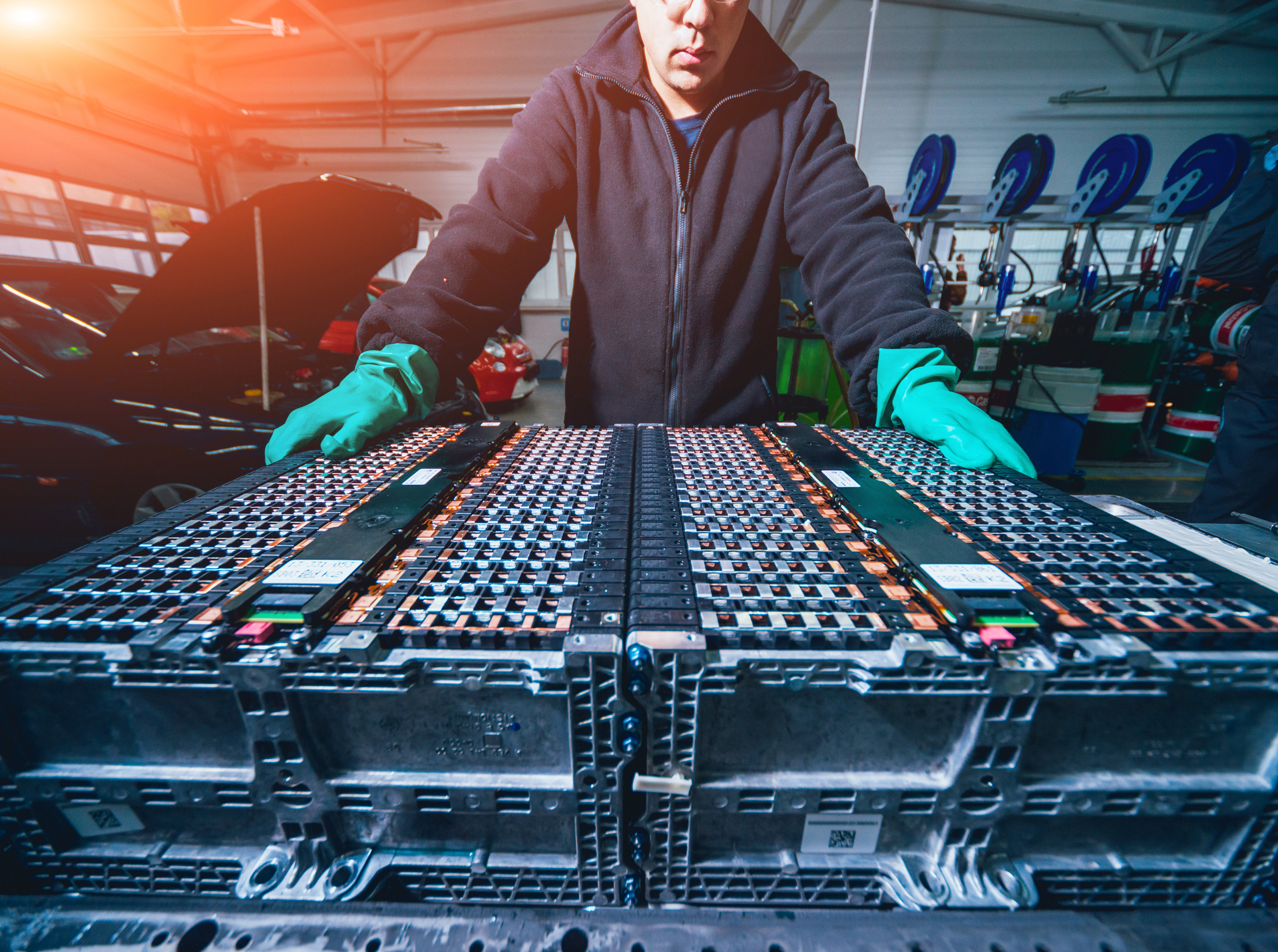Many manufacturers have unveiled revolutionary technologies in the battery market. More range, faster charging: what can we expect?
Several Chinese companies have announced breakthroughs in battery technology this year. Last May, Gotion unveiled its battery with a range of up to 1,000 kilometres. A month later, Greater Bay also announced the launch of its Phoenix battery, which can be recharged to 80% in less than 6 minutes…
The Astroinno battery from Gotion High-Tech
Chinese company Gotion High-Tech recently unveiled its battery which is based on LMFP chemistry (
lithium-manganese-iron phosphate), at its annual technology conference in Hefei. It claims to be able to achieve a range of up to 1,000 kilometers without the use of expensive materials.
The Astroinno battery has an energy density that reaches 240 Wh/kg. According to Gotion Global’s Executive Chairman, Cheng Qian, it is this high energy density that allows ”
achieve a range of 1,000 kilometers without the use of NCM material “.
In addition, the battery uses a sandwich structure with double-sided liquid cooling technology and a minimalist design. This results in a 45% reduction in the number of structural parts and a 32% reduction in component weight.
Greater Bay Phoenix Battery
Backed by GAC Group, Chinese start-up Greater Bay has also unveiled its Phoenix battery, which claims to be able to recharge to 80% capacity in just 6 minutes.
Also, using Greater Bay’s latest innovations in materials, controls and electrochemistry, the Phoenix Battery was designed to enable electric vehicles to charge in all weather conditions, on all voltage platforms from 300 to 1000 V. It incorporates thermal management technology that allows it to heat up from -20 to 25 ° C in 5 minutes!
The company further states that in addition to its extremely fast charging, the Phoenix battery has a relatively long lifespan of 10 years or 800,000 kilometres.
When will these batteries be launched?
It won’t be that long to see the launch of these new batteries. Gotion’s Astroinno battery is expected to go into mass production in 2024.
As for the Phoenix battery, it will go into mass production next year and is expected to be used in electric vehicles by the end of 2024. According to the website CnEVPostthe first phase of construction is expected to be completed in 2023.
Sources: CnEVPost (1), CnEVPost (2)

24